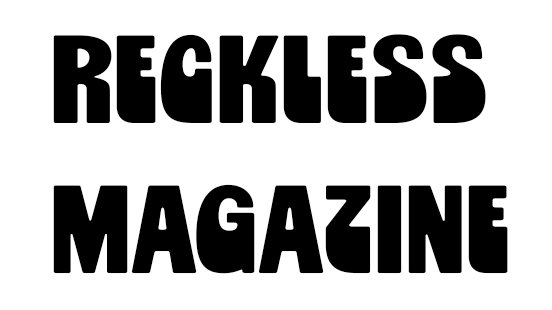Uninterrupted Moments

Composed With Thought
Photography by Andre Swart
South African photographer Andre Swart talks about composing instead of shooting an image, being a fly on the wall, and looking for the everyday.
Durban, South Africa
What is your history as a photographer?
About 2012 a dear friend loaned me her crusty DSLR for a weekend away. As soon as I figured out exposure, I was hooked. Shot everything on that damn camera. A few months later, another dear friend gave me his old crusty DSLR. I dug it, but felt something was missing. So, I got into 35mm film photography. I fell in love with the slower process and general uncertainty of not knowing whether I got the frame or not. It really is the most beautiful anxiety. I set up a few darkrooms and spent many times in the dark. One darkroom was in the back room of mates place. Another in a friend's garage. Then for ages, I didn't have a darkroom. So, I got back into shooting digital. Simply because I didn't shoot. Why shoot if you can't print, right? This was a stupid way of looking at it. Hence, getting back into the digital medium. I know have a darkroom in a great studio space. Bouncing between the analog and digital process. Depending what I need at the time.
I started calling myself a photographer when I started composing, instead of just shooting.. Really focusing on what needs to be in the frame.
How would you describe your process? What do you look for in an image?
The analog process is slow, scary, uncertain. I shoot 35mm film when I need to slow down. Go back in time, if that makes sense? I work much slower with film. Rolls can sit for weeks or months before being processed. I will scan them, and some will get printed in the darkroom.
The digital process is quick, comforting certain. I shoot digital when I feel the need, urge and desire to get work out. Compulsive almost. I will post process photographs the same day if I can. Bomb them up on Instagram to get my required validation. I suppose we all want validation, don't we?
It's a filthy cliche, but I want the viewer to see a fraction of existence in a photograph. I look for everyday life in photographs. I must remain a fly on the wall. I don't want my presence to fuck that moment up. I don't want to be noticed. And second to the actual moment, is composition. Placing things in the frame, so that it all just sits right.
Uninterrupted moments, composed with thought.
How does your photographic style differ from other documentary photographers?
I'm a terrible story teller. Most documentary photographers are good story tellers. So, my goal is to create something where the viewer can fill in the blanks. An observational documentarian if you will. It doesn't always work, but that is the end goal for every photograph.
Which photographers have inspired you the most and why? How does their influence show in your photographs?
I love and am massively inspired by the old reportage work reminiscent of Life Magazine. The old Magnum stalwarts.
Cartier-Bresson, Capa, Fan Ho, McCurry, Sebastiao Salgado, Bruce Gilden, Jill Freedman, Mary Ellen Mark, Diane Arbus, Vivian Maier.
More modern-day photographers like Ed Templeton, Alan Schaller, Walter Rothwell.
So many many many.
I take composition away from every photograph I look at. I don't want to copy any one's style. Ever. But I do want to understand how and why they composed an image the way they did.
What’s the story behind one of your favorite images?
The Man on the dirty beach with the Umbrella.
The universe just gave me that photograph. When life gets heavy, I go for a walk with my camera. Life was heavy for a bit, it was after some mild floods. The beach was littered with trash. When it rains heavy in Durban, the Umgeni River washes filth from inland out into the ocean. This gets washed up on the beaches. This does get cleaned up eventually. That frame just spoke to me, you know? When I took that frame, I felt like shit. When I eventually processed the film, I felt great again. And the beaches were clean. Life was good again. Process complete. It felt good. It's a cycle.
What are your current projects - Street Economy and Durban Promenade - about? Why are they important?
Durban has a huge micro economy of people making a living on the streets. Street vendors, dude's braiding and deadlocking hair, street hustlers. I love the tenacity. I started documenting these folks probably around 2012-2014. It's an ongoing project. Street Economy is my way of paying homage to these souls. Just chipping away.
The Durban Promenade is the single most inclusive architectural design, probably in the whole of South Africa. All types of humans spend time there. Surfers, skateboarders, families, first dates, break ups, junkies, religious zealots, the happy, the sad. All people are equal there. From the homeless person hustling for bread to the shit wealthy person breaking in their overpriced sneakers. Demographs don't seem to exist on the Durban Beach Front. I love that place. Walking that stretch is the closest I get to the flow state.
What's next for you?
I am just going to keep chipping away at the 10 thousand hours. Shoot. Experience. Learn. A book is definitely on the cards. That's the end goal isn't it? Seeing prints on walls and books on coffee tables. But the 10 thousand hours need to happen first. Build the foundation, you know?





